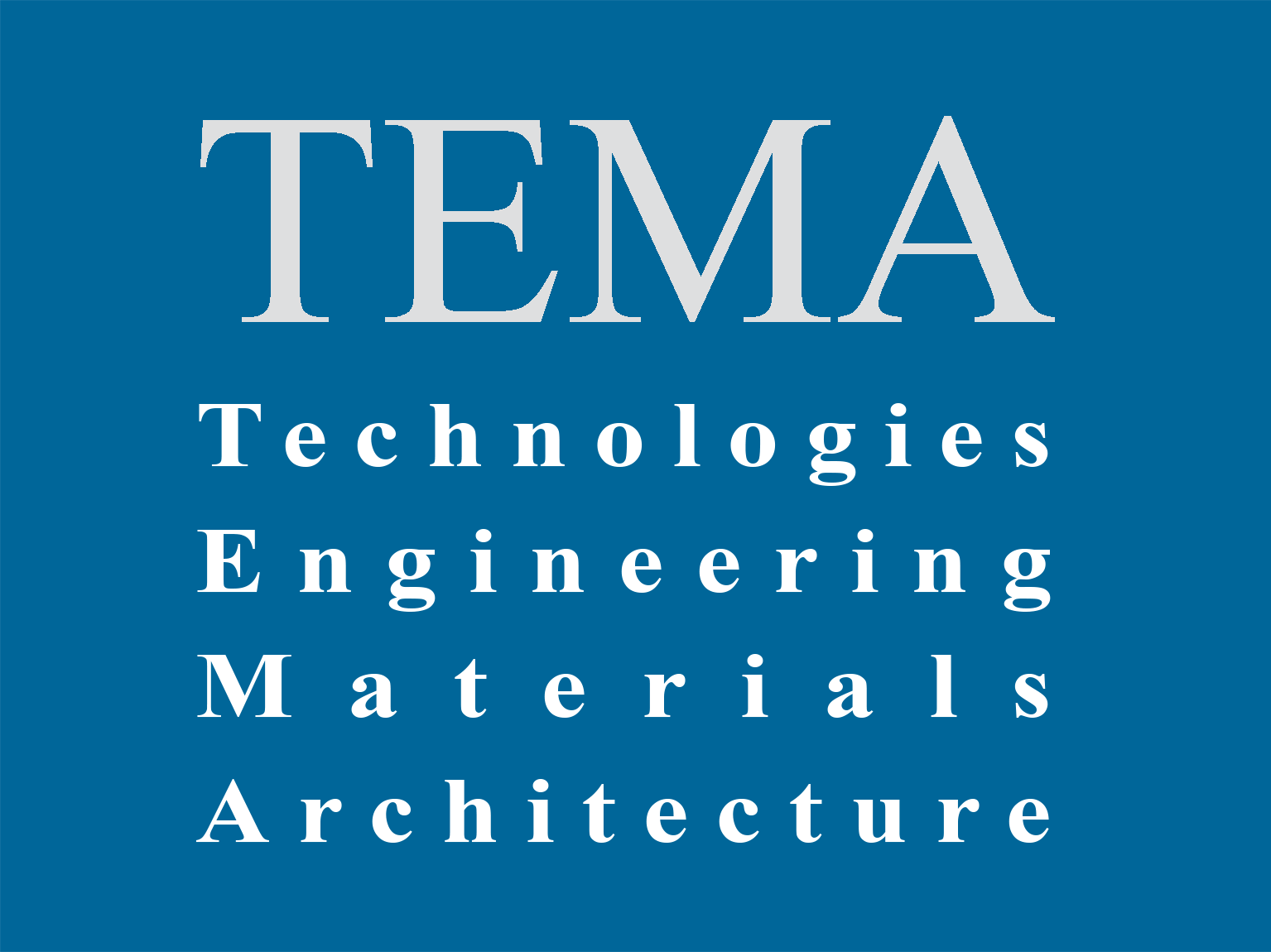Hospital architecture and the challenge of humanisation. Research and design
Marco Morandotti, Daniela Besana
Published online: February 24, 2021DOI: 10.30682/tema0701i
Sustainability and innovation in constructions intended for emergency housing
Carla Caruso, Giuseppe Russo, Nicoletta Tomasello, Santi Maria Cascone
Published online: October 5, 2019DOI: 10.17410/tema.v5i2.231
A smart village model for the Italian coastal territory
Enrico Dassori, Andrea Morini, Alberto Messico, Clara Vite, Salvatore Polverino, Renata Morbiducci
Published online: October 5, 2019DOI: 10.17410/tema.v5i2.233
Effects of the digital transformation on the contemporary city project
Vittoria Bonini, Paolo Galelli, Alessio Minetto, Ilaria Delponte, Renata Morbiducci
Published online: May 5, 2019DOI: 10.17410/tema.v5i1.215
New building design through recycling materials
DOI: 10.17410/tema.v1i2.43
Rehabilitation technology of traditional architecture: managing coexistence between conservation and innovation
DOI: 10.17410/tema.v1i2.46









